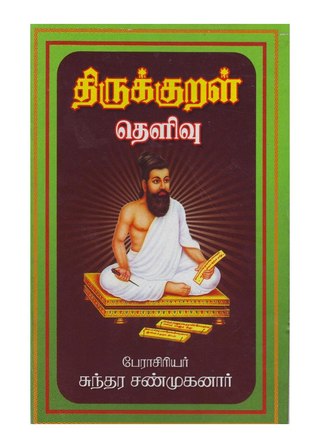
Languages spoken in the Republic of India belong to several language families, the major ones being the Indo-Aryan languages spoken by 78.05% of Indians and the Dravidian languages spoken by 19.64% of Indians; both families together are sometimes known as Indic languages. Languages spoken by the remaining 2.31% of the population belong to the Austroasiatic, Sino–Tibetan, Tai–Kadai, and a few other minor language families and isolates. According to the People's Linguistic Survey of India, India has the second highest number of languages (780), after Papua New Guinea (840). Ethnologue lists a lower number of 456.
Indian literature refers to the literature produced on the Indian subcontinent until 1947 and in the Republic of India thereafter. The Eighth Schedule to the Constitution of India has 22 officially recognised languages. Sahitya Akademi, India's highest literary body, also has 24 recognised literary languages.

Since the Iron Age in India, the native languages of the Indian subcontinent are divided into various language families, of which the Indo-Aryan and the Dravidian are the most widely spoken. There are also many languages belonging to unrelated language families such as Munda and Tibeto-Burman, spoken by smaller groups.

The Tirukkuṟaḷ, or shortly theKural, is a classic Tamil language text consisting of 1,330 short couplets, or kurals, of seven words each. The text is divided into three books with aphoristic teachings on virtue (aram), wealth (porul) and love (inbam), respectively. Considered one of the greatest works ever written on ethics and morality, it is widely acknowledged for its universality and secular nature. Its authorship is traditionally attributed to Valluvar, also known in full as Thiruvalluvar. The text has been dated variously from 300 BCE to 5th century CE. The traditional accounts describe it as the last work of the third Sangam, but linguistic analysis suggests a later date of 450 to 500 CE and that it was composed after the Sangam period.

Sarvajna and Tiruvalluvar are popular Kannada and Tamil poets, respectively. Statues of Sarvajna in Tamil Nadu and Tiruvalluvar in Karnataka has been unveiled in August 2009 as a symbolic effort to bolster ties between the two Indian states, whose relationship has been strained by issues related to sharing of Kaveri water and Hogenakkal water supply power project.
Tirukkural, also known as the Kural, an ancient Indian treatise on the ethics and morality of the commoner, is one of the most widely translated non-religious works in the world. Authored by the ancient Tamil poet-philosopher Thiruvalluvar, it has been translated into at least 42 world languages, with about 57 different renderings in the English language alone.

Tirukkural remains one of the most widely translated non-religious works in the world. As of 2014, there were at least 57 versions available in the English language alone. English, thus, continues to remain the language with most number of translations available of the Kural text.
Kannada has at least eight translations of the Tirukkural available as of 2014. Both prose and verse translations have been made in Kannada.
Telugu is one of the Indian languages that has had the earliest Tirukkural translations in modern times. As of 2000, there were at least 14 translations of the Kural text available in Telugu.
As of 2015, there were at least three Gujarati translations available of the Tirukkural.
As of 2015, Tirukkural has been translated into Punjabi at least twice.
Herbert Arthur Popley was a Christian missionary of London Mission, Erode, known for his literary work as a translator of the Tirukkural and his skill in rendering Tamil Christian music in the Carnatic style. He was secretary of the All-India Y.M.C.A. At the time of his death, he was president of the local Y.M.C.A. and a director of the Coonoor Co-operative Urban Bank Ltd. He died in Coonoor on 9 May 1960 at the age of 81.
Charles Edward Gover (1835–1872) was a British folklorist in Madras, India. He was one of the earliest translators of the Tirukkural into English.
A. Chakravarti, who served the Indian Educational Service (IES), was a professor of philosophy at the Presidency College in Chennai, India. He is known for translating the Tirukkural into English.
P. S. Sundaram (1910–1998), born Pazmarneri Subrahmanya Sundaram, was an Indian professor of English, best known for translating the Tirukkural and various Tamil classics into English. He had degrees in English from the University of Madras and the Oxford University. He served as professor of English for about 40 years in different parts of North India.

P. C. Kokila is an Indian professor of Hindi, who is best known for translating the Tirukkural into Gujarati.
Soibam Rebika Devi is an Indian translator who is best known for translating the Tirukkural into Meitei.
S. Srinivasan is an Indian civil engineer, who is best known for translating the Tirukkural into Kannada.
Tarlochan Singh Bedi is an academician better known for translating the Kural into Punjabi.

Directorate of Language Planning and Implementation (DLPI) is a directorate of the Government of Manipur in charge of the language planning and the implementation of policies of Meitei language as well as other indigenous vernaculars of Manipur.






